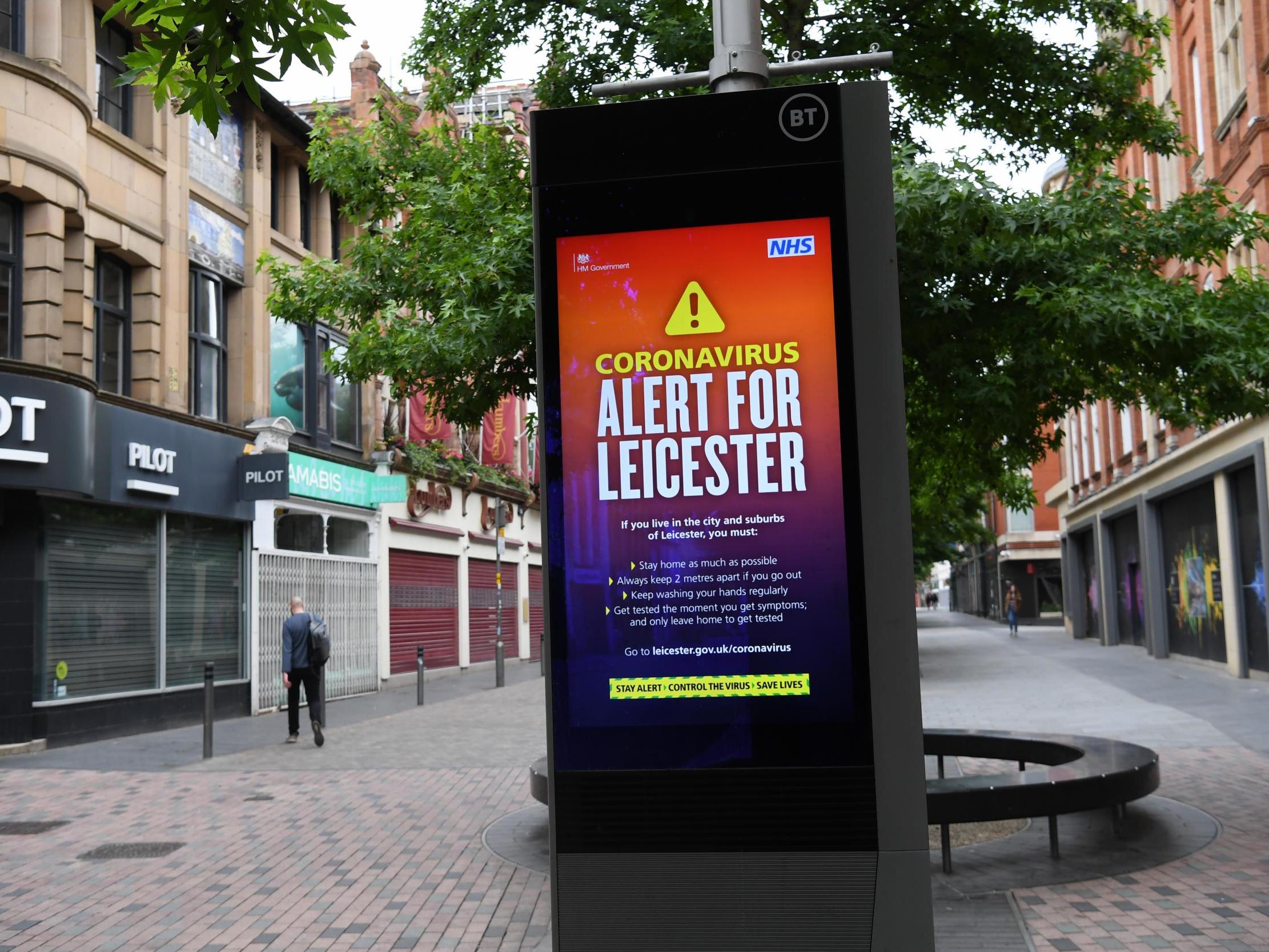The global coronavirus warning from WHO doesn’t mean we should keep lockdown ‘just in case’
The unknown risks of a second wave have to be weighed against the known and huge costs of defending against it, writes John Rentoul


Boris Johnson seems to be accelerating the lifting of the lockdown at just the moment Tedros Adhanom Ghebreyesus, the director-general of the World Health Organisation, warns that, globally, coronavirus infections are accelerating.
This week’s mini-budget, encouraging people to eat, shop and be merry, and yesterday’s announcement from Oliver Dowden, the culture secretary, opening up further swathes of artistic and sports-based mingling, seem to have come at the wrong moment. Today is also the day that travellers from a long list of approved countries may now enter England without having to isolate for 14 days.
Opposition MPs sound nervous about the pace at which the lockdown is being lifted, and it is notable that they are more likely to be wearing masks around parliament than Conservative MPs. Anneliese Dodds, the shadow chancellor (although I haven’t seen her wearing a mask), made the important point in responding to the “summer economic update” that all of the measures in it would be irrelevant if there were a significant second wave of the disease.
As if on cue, WHO added to the sense of foreboding with its warning, giving one newspaper a front page of contrasting headlines: “Coronavirus pandemic is accelerating, warns WHO” and “Gyms and swimming pools get set to reopen.”
However, the words of the director-general of WHO referred to “most of the world”, with Europe and China being big exceptions. And the word “accelerating” referred to the number of cases that are confirmed every day, which is distorted by the increasing number of tests.
The only certain measure, as Professor Chris Whitty, the chief medical officer of England, said, is excess deaths – that is, a higher number of deaths than would be expected. On that measure Europe is mostly back to normal, with the possible exception of Spain, where it seems to be difficult to compile reliable figures.
Globally, there is no doubt that the number of daily deaths is increasing (although not accelerating) in Latin America, but the trends elsewhere are mixed. One of the problems is that the deaths figures lag infections by about two weeks. The big puzzle is what is happening in the US, where the number of cases has been increasing for the past month while the number of deaths has been falling. The New York Times reports today an increase in the number of deaths in the past few days, which may be the delayed effect of premature easing of lockdowns in some states, but it is too early to tell.
The picture in Europe is quite different. Countries such as Italy, which eased its lockdown in May, and even Sweden, which never imposed severe restrictions at all, have not seen a resurgence of cases or deaths.
There is still so much that we do not know about the disease, but the unknown risks of a second wave have to be weighed against the known and huge costs of defending against it.
Admittedly, there is the problem, which was foreseen by the behavioural scientists long ago at the start of the epidemic, that it will be harder to reimpose lockdown measures once they have been lifted. But it is no use keeping a lockdown – that costs children their education and adults their jobs and livelihoods – “just in case”.
This may not have been the best time for it to be reported that the prime minister has decided to keep Britain out of an EU scheme to procure a vaccine, if one is developed. He has been criticised by Layla Moran, the hyperactive Liberal Democrat leadership candidate, for putting ideology ahead of medical need. However, the more likely explanation is that Johnson thinks it is likely that, if a vaccine is developed, it will be in the UK, and he doesn’t want to hand over control of the distribution of it to Brussels.
His decision is a blunt reminder, if any were needed, that, although coronavirus is a global problem, the solutions to it are national.
Join our commenting forum
Join thought-provoking conversations, follow other Independent readers and see their replies
Comments